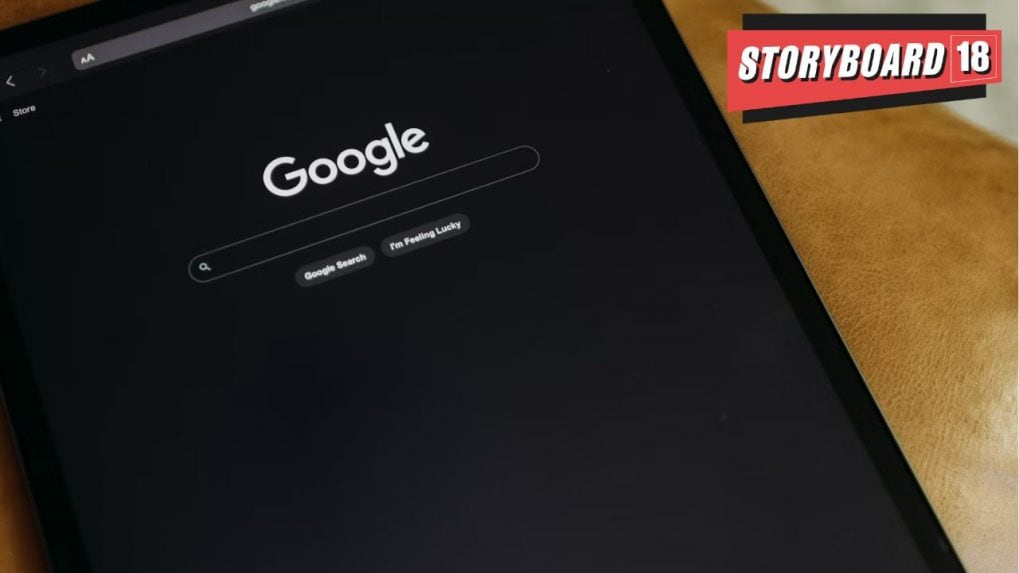Digital
Why OpenAI is hiring 100 ex-bankers: Inside the ChatGPT-maker's secret project to automate Wall Street's grunt work

Google has begun rolling out a new artificial intelligence feature for Play Store users that automatically summarises app reviews, making it easier for people to decide which apps to download. The update uses Google’s Gemini AI model to generate concise overviews highlighting the key strengths and weaknesses of an app, allowing users to gauge overall sentiment without scrolling through hundreds of individual comments.
According to Android Authority, the feature was first detected in version 48.5.23-31 of the Play Store app, though it has not yet reached all users, indicating a gradual, phased rollout.
Once available, the summaries will appear under the “Ratings and reviews” section of each app, grouped beneath a heading titled “Users are saying”. The AI-generated text is accompanied by a disclaimer reading “Summarised by Google AI.” Users will also be able to explore specific feedback themes such as user interface, performance, or file management by tapping on clickable “chips” below the summary.
The move follows similar AI-based review features introduced by Apple on its App Store in April 2025, and by Amazon, which has long used automated summaries for product feedback.
However, Google’s recent AI launches have sometimes been controversial. In May 2024, the company faced criticism after its Search Generative Experience produced a series of bizarre and inaccurate suggestions — including advising users to add glue to pizza or eat rocks for nutrients. Earlier, in February 2023, its Bard chatbot, developed as a rival to ChatGPT, made headlines for providing incorrect information about space during its debut demo.
Despite such setbacks, the Play Store update marks another step in Google’s broader effort to embed AI across its consumer products, with Gemini now powering an expanding range of Android and Google Workspace features.
From purpose-driven work and narrative-rich brand films to AI-enabled ideas and creator-led collaborations, the awards reflect the full spectrum of modern creativity.
Read MoreIn a wide-ranging interview with Storyboard18, Sorrell delivers his frankest assessment yet of how the deal will redefine creativity, media, and talent across markets.